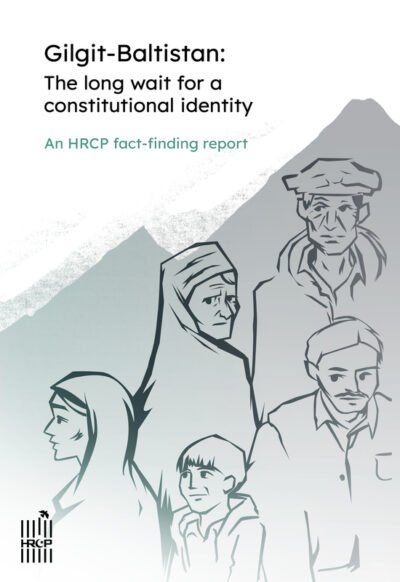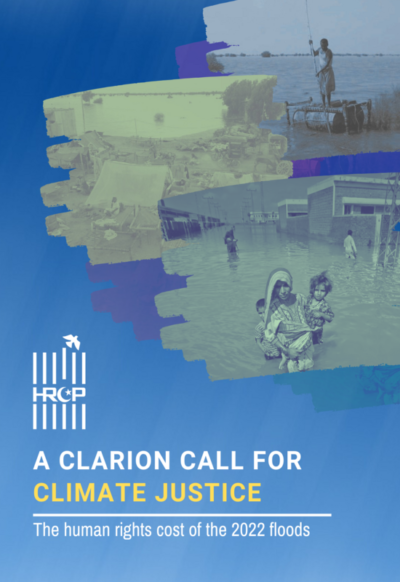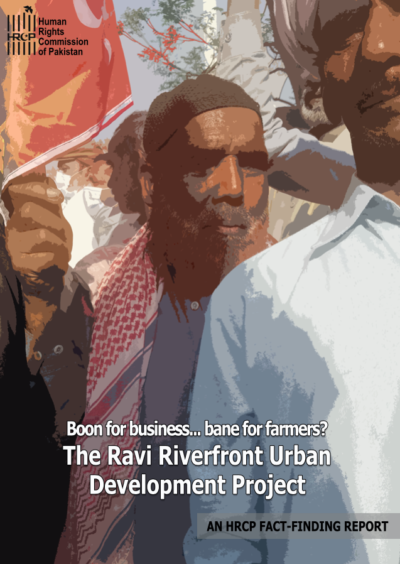Climate action and rights to natural resources

Pakistan is on the front lines of the climate crisis. Ranked among the top ten countries most affected by extreme weather events, the country faces increasing floods, heatwaves, droughts, glacier melt, and erratic sowing seasons. But climate change is not just an environmental issue—it is a human rights issue.
From access to clean water and food to the right to safe housing, health and livelihoods, the impacts of climate change are deeply unequal. Those who are already marginalized—women, workers, peasants, ethnic and religious minorities, and indigenous communities—are hit hardest.
Indigenous peoples and rural communities who have protected and depended on natural resources for generations are now losing their lands to corporate interests, large-scale development and climate-driven disasters. HRCP affirms that these communities have a right not only to preserve their cultures and territories, but to have full control over their natural resources, which are often exploited without consent.
At HRCP, we view climate change through a human rights lens. Our work focuses on advocating for climate justice by highlighting how climate impacts intersect with existing social hierarchies and power imbalances; upholding the rights of indigenous communities and others in peripheral regions to protect their land, water and forests from exploitation and land grabbing; and pushing for policy reform by engaging with political parties and government agencies to put climate justice at the heart of national discourse.
The climate conversation in Pakistan needs to change into a full-throated roar. We are working to make that happen.





